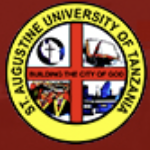Introduction to St. Augustine University of Tanzania:
School Profile: St. Augustine University of Tanzania is an influential private university dedicated to providing students with high-quality education and opportunities for all-round development. It has trained many professional talents and played an active role in academic research and social services.
Basic Overview
Establishment Time: Founded by the Catholic Bishop of Tanzania in 1998 and accredited in 2002.
Geographic Location: The main campus is located in Nyegezi, Mwanza, Tanzania, with branches in Dar es Salaam, Mtwara, Tabora, Morogoro, Coast Region, Arusha and Mbeya.
Student Size: There are more than 10,000 students.
History: Its predecessor was the Nyegezi Social Training Center, which was later renamed the Nyegezi Social Training College. In 1998, it developed into St. Augustine University of Tanzania.
School Strength
Teaching Staff: We have a professional and experienced teaching team to provide students with high-quality teaching and guidance.
International Exchange: We carry out academic and research activities with universities in South Africa, Japan, Poland, Portugal, Finland, Germany and other countries, including student and teacher exchange programs.
Members of Academic Organizations: We are members of the Association of Catholic Universities and Institutions of Higher Education in Africa and Madagascar (ACHU IAM), the Inter-University Council of East Africa, the Association of Private Universities in Tanzania, the Association of Universities in Commonwealth Africa, the Higher Education Commission and the Association of Members of the East African Bishops' Conference (AMECEA).
Nature of the institution: Private university, affiliated to the Tanzanian Bishops' Conference, is a secular, non-profit institution.
Educational Philosophy: With the motto of "Building the City of God", we strive to create knowledge and skills, cultivate new ways of thinking for students, expand higher education opportunities through various colleges and new projects, enable students to develop in different professional fields, and focus on cultivating students' moral values and the spirit of serving humanity.
Key Disciplines
Law: The Law School has a strong law program and has performed well in international moot court competitions, such as the 2009 African Human Rights Moot Court Competition in Lagos, Nigeria, ahead of Tanzanian universities such as the University of Dar es Salaam; and also achieved excellent results in the 2011 competition in Pretoria, South Africa.
Mass Communication: The School of Social Sciences and Mass Communication offers courses from undergraduate to master's degree in mass communication, covering a variety of fields.
Business: The School of Business Administration has a rich business program, covering accounting and finance, marketing, human resources and other directions.
Department Settings
School of Law
School of Education
School of Engineering
School of Social Sciences and Communication
School of Business Administration and Economics
International Ranking
World Ranking: According to 4icu.org data, the world ranking in 2024 is 7386.
National Ranking: Ranked 7th in Tanzania.
Expenses
Undergraduate: Tuition fees for local and international students range from US$1,000 to US$2,499 per year.
Graduate students: Tuition fees for local and international students range from US$2,500 to US$4,999 per year.
Campus Environment
Main campus: Located on the shore of Lake Victoria, 10 km south of Mwanza, it covers an area of more than 600 acres and is divided into two campuses. The old campus has an administrative building and a business administration school; the Malimbe campus is 1 km away from the main campus and has a law school, a social science school, an engineering school, a school of education, and a school of mass communication.
Branch campuses: Distributed in multiple cities, providing convenient learning conditions for students in different regions.
-
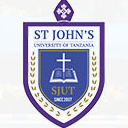
St. John's University of Tanzania
-
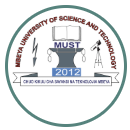
Mbeya University of Science and Technology
-
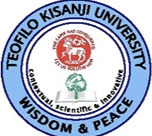
Teofilo Kisanji University
-
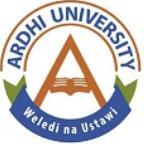
Ardhi University
-
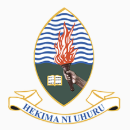
University of Dar es Salaam
-

Mzumbe University
-
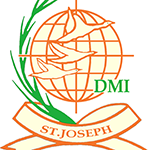
St. Joseph University in Tanzania
-
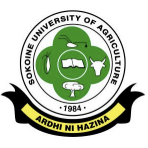
Sokoine University of Agriculture
-

The Hubert Kairuki Memorial University
-

The University of Arusha
-

Mesoamerican University
-

Istmo University
-

Mariano Galvez University of Guatemala
-

Regional University of Guatemala
-

Galileo University
-

Francisco Marroquín University
-

Rafael Landívar University
-

University of the Valley of Guatemala
-

University of San Carlos of Guatemala
-

Technological Institute of Tlaxcala Plateau
-

Golfo University
-

Technological University of South Sonora
-

Technological University of Huejotzingo
-

Tizimín Institute of Technology
-

Chilpancingo Institute of Technology

